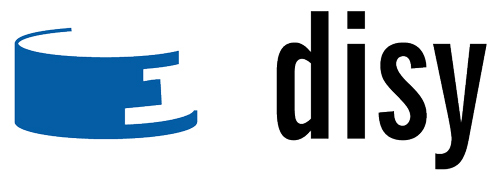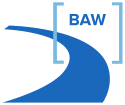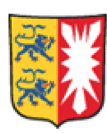RichWPS - OWS orchestration made simple(r).
Based on the open-geospatial standards RichWPS aims at providing simple orchestration means to domain experts. Therefore, the three components RichWPS Server, RichWPS SemanticProxy and RichWPS ModelBuilder are introduced for faciliating the OWS-compliant creation, description and provision of orchestrated geospatial processes.

RichWPS Server - workflow provisioning
Based on the open source 52° North Web Processing Service the RichWPS Server manages the centralized execution of workflows by means of a custom orchestration engine. However, it also enables domain experts to test, optimize and manage workflows at runtime. Therefore, the RichWPS Orchestration Language (ROLA), a custom language for OWS orchestration, has been developed.
Read more View on GithubRichWPS SemanticProxy - discovery & semantic annotation.
The RichWPS SemanticProxy covers the field of OWS service description and discovery. Services (WPS, WFS) can be registered manually or discovered at runtime. The service- and content description takes place using the Resource Description Framework (RDF). Based on that, a custom vocabulary enables the interface- and content-specification beyond OWS service descriptions.
Read more View on Github

RichWPS ModelBuilder - graphical OWS orchestration.
The RichWPS ModelBuilder serves as interface for domain experts. It brings together the ease of modelling and simple means for using the RichWPS toolkit. Therefore the ModelBuilder automatically discovers given processes and data by using the SemanticProxy. An easy notation is used to build and configure new geospatial workflows. Those can be tested, optimized and finally published and managed using a RichWPS Server.
Read more View on GithubRichWPS Monitor - monitoring & QoS
The RichWPS Monitor enables the scheduled metering of WPS-services and contained processes. Based on prepared queries the Monitor can be used to deliver QoS-information to the SemanticProxy. Linked systems, such as the ModelBuilder and the Server, are enabled to optimize workflows when needed.
Read more View on Github



